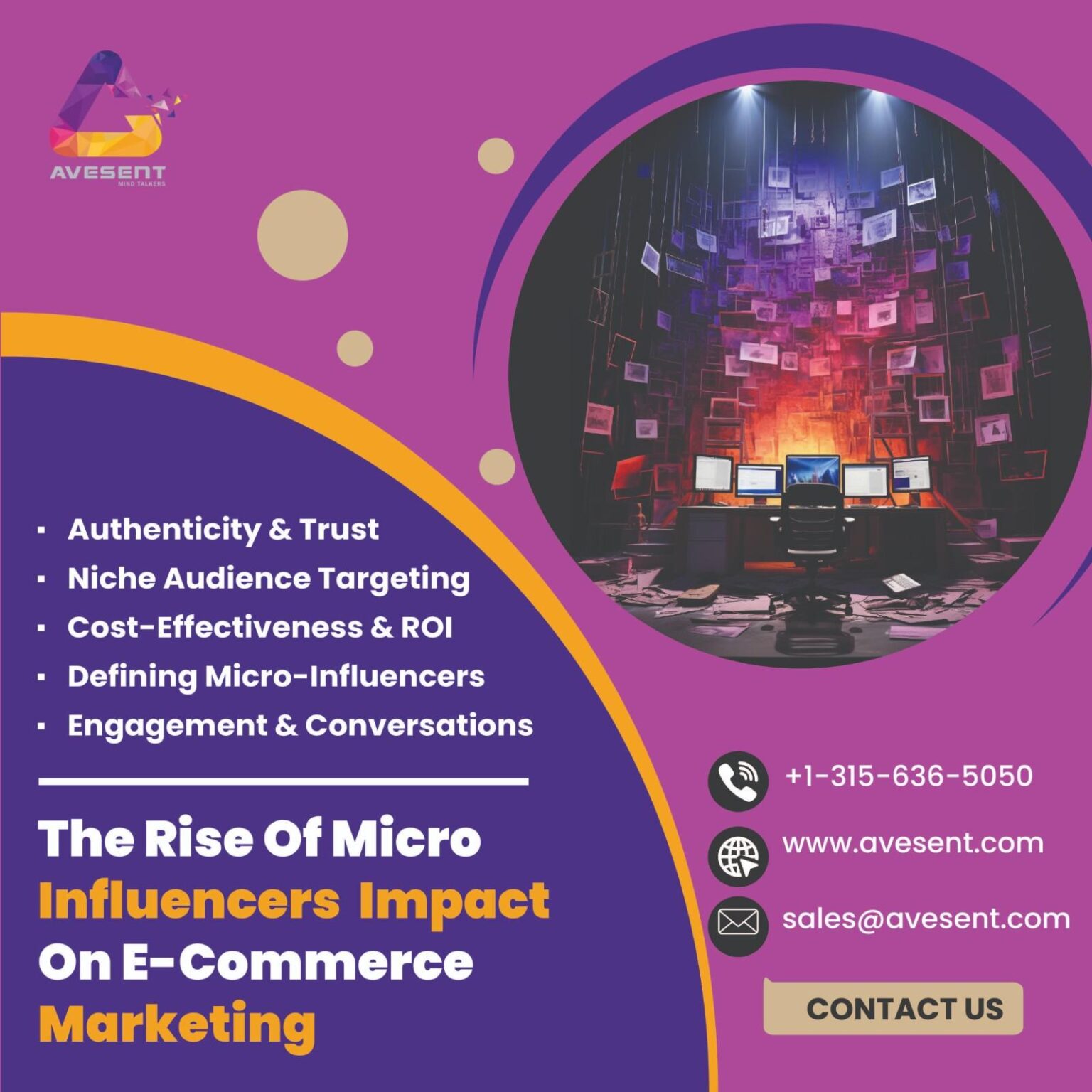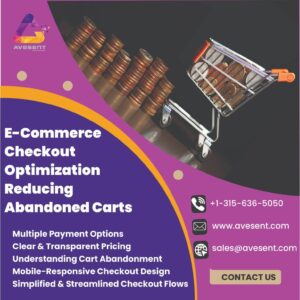Influencers now play a very different function in the constantly changing world of digital marketing. Influencer marketing was previously dominated by mega-celebrities, but a new class of influencers called micro-influencers has evolved and is able to have significant influence over narrow groups. Their ascent has altered the e-commerce marketing scene, posing chances as well as difficulties for companies and digital agencies negotiating this shifting terrain.
Defining Micro-Influencers:
Micro-influencers are people who have modest but very active social media followings; their numbers usually fall between a few thousand and tens of thousands. Their unique concentration on particular hobbies or niches, which develops stronger ties with their audience, is what makes them stand out. Working with digital agencies makes it easier to find the ideal micro-influencers that are in line with the target markets of e-commerce companies.
Authenticity and Trust:
Micro-influencers often cultivate a genuine and relatable rapport with their audience due to their authenticity. Their recommendations and endorsements are perceived as more trustworthy and credible, driving higher engagement and conversions. Digital agencies leverage this authenticity to build trust and credibility for e-commerce brands through micro-influencer partnerships.
Niche Audience Targeting:
Micro-influencers excel in targeting niche audiences with shared interests or passions. Their followers are often highly engaged and deeply interested in the influencer’s specialized content. Collaborating with digital agencies allows businesses to tap into these niche markets efficiently, reaching audiences that align closely with their e-commerce offerings.
Cost-Effectiveness and ROI:
Partnering with micro-influencers tends to be more cost-effective than collaborating with macro-influencers or celebrities. While their reach may be smaller, the engagement and conversion rates can be notably higher, leading to a more efficient return on investment (ROI). Digital agencies assist in maximizing ROI by strategizing cost-effective partnerships with micro-influencers.
Content Creation and Storytelling:
Micro-influencers are adept at creating authentic and relatable content that resonates with their audience. Their storytelling capabilities humanize brands, fostering emotional connections that drive consumer actions. Collaborating with digital agencies facilitates aligning e-commerce brand narratives with micro-influencers’ storytelling for compelling content creation.
Engagement and Conversations:
Micro-influencers excel in fostering two-way communication with their audience, encouraging conversations and engagement. This interaction leads to higher levels of trust and loyalty among followers, translating into potential customers for e-commerce brands. Digital agencies strategize engagement tactics leveraging micro-influencers’ active communities.
Campaign Measurement and Analytics:
Tracking and analyzing the impact of micro-influencer campaigns are crucial for optimizing strategies and measuring success. Digital agencies utilize analytics tools to assess metrics like engagement rates, click-throughs, and conversions, providing insights to refine future campaigns.
Building Long-Term Relationships:
Cultivating long-term partnerships with micro-influencers can yield sustainable benefits for e-commerce brands. Continuity in collaborations fosters deeper connections with the influencer’s audience and reinforces brand loyalty. Collaborating with digital agencies helps in nurturing and maintaining fruitful relationships with micro-influencers.
The rise of micro-influencers has revolutionized e-commerce marketing by offering a more authentic, targeted, and cost-effective approach to reaching niche audiences. Collaborating with digital agencies allows businesses to harness the power of micro-influencers effectively, leveraging their authenticity, engagement, and niche audience targeting to drive impactful e-commerce marketing campaigns.




